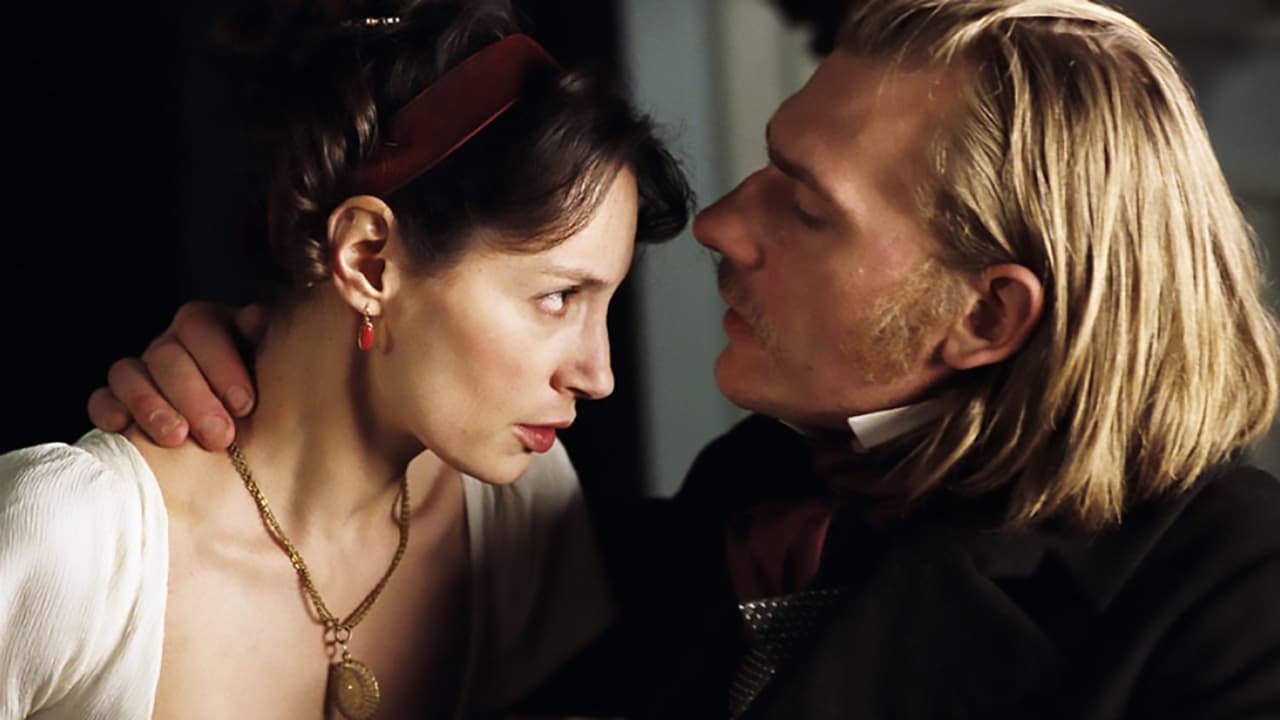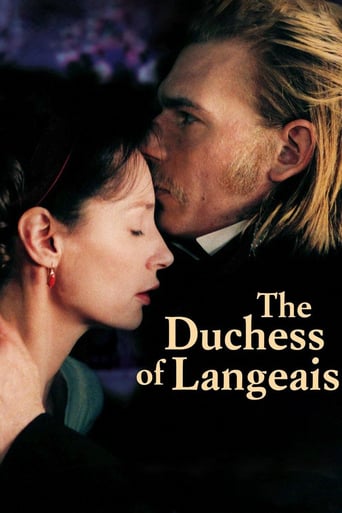

So I went back into a book I was reading a few weeks ago, The Dreams of Interpretation: A Century Down the Royal Road, finding this perfect quote from the editors describing the illumination of the space between Pascal (19th Century) and Freud (20th) which the movie by Jacques Rivette that I saw tonight so monumentally demonstrated (and which is so fundamental to what I am experiencing myslef): "If, in the century in which Freud's own life began, it was still necessary to secure a stronghold as Pascal's Wager thus had to be transformed, honed into the sharpest superegoic injunction imaginable - "believe" - as the only apparent means to this end; if thus it was still apparently necessary to submit to the Father at every instant, to remain standing awake all night to assure one's salvation - if this is the way the post-Copernican theologians would have it, Freud, nonetheless, and lucky for us, offers a new turn, something quite different, in the necessity of thought and practice." Yup. As powerful a film as I've seen in ages. Those who hate it loathe the cinema. Luckily for them it is dying.
... View MoreI find it ironic that many reviewers walked out of this movie because, for me, the characters constantly walking on and off scene were what killed the movie for me. I dare someone to count the abrupt entrances/exits through darkened doorways. Ohhh, what do these darkened portals portend? NOTHING. They serve as clunky scene transitions AND the director felt these weren't clues enough because the story is also interrupted with narratives informing us that the next scene continues two weeks later, one month later, five years earlier, ad nauseum...A poor film must provide a written narrative to be understood; a good film will let the story speak for itself.
... View MoreHenri Balzac's tale of a general and a Duchess who fall in love but mostly never do anything other than pine for each other.Showing on IFC in Theaters I made it through about 40 minutes of this before I turned it off. Beautiful to look at this slow and meandering tale struck me as the sort of "art" film of my youth that was held up as the reason more people don't like "art" films. It's deep and brooding and very silly. Its more the type of thing you make fun of then enjoy.The film begins at the end when the soldier visits a cloistered nunnery and sees the Duchess one more time. It struck me as such an ending that nothing needed to follow it, but the movie cranks on from there flashing back five years to when it all started. I'm sure that had I not read the reviews that gave away little plot points I might have hung in there but the thought of being stuck for two and a half hours with such silly people was too much to bear.Clearly I didn't like it
... View MoreI did not like this film -- I found it difficult to understand, ragged transitions between scenes, and that it had no point, not to mention many unanswered questions and facts that neither matched the film nor fit the plot. The plot was thin and uninteresting. And if this is love, I don't want any part of it! Many others in the theater walked out before it was over. I know Rivette is an excellent director, but I think he fell down on this one. I guess the acting was okay, but there was so little conversation in the film that it was difficult to tell. Frankly, and I'm sorry to say this, it was like watching 4 coats of paint dry -- consecutively. One of the most boring I've ever seen. I would like to know how this film played in France.
... View More